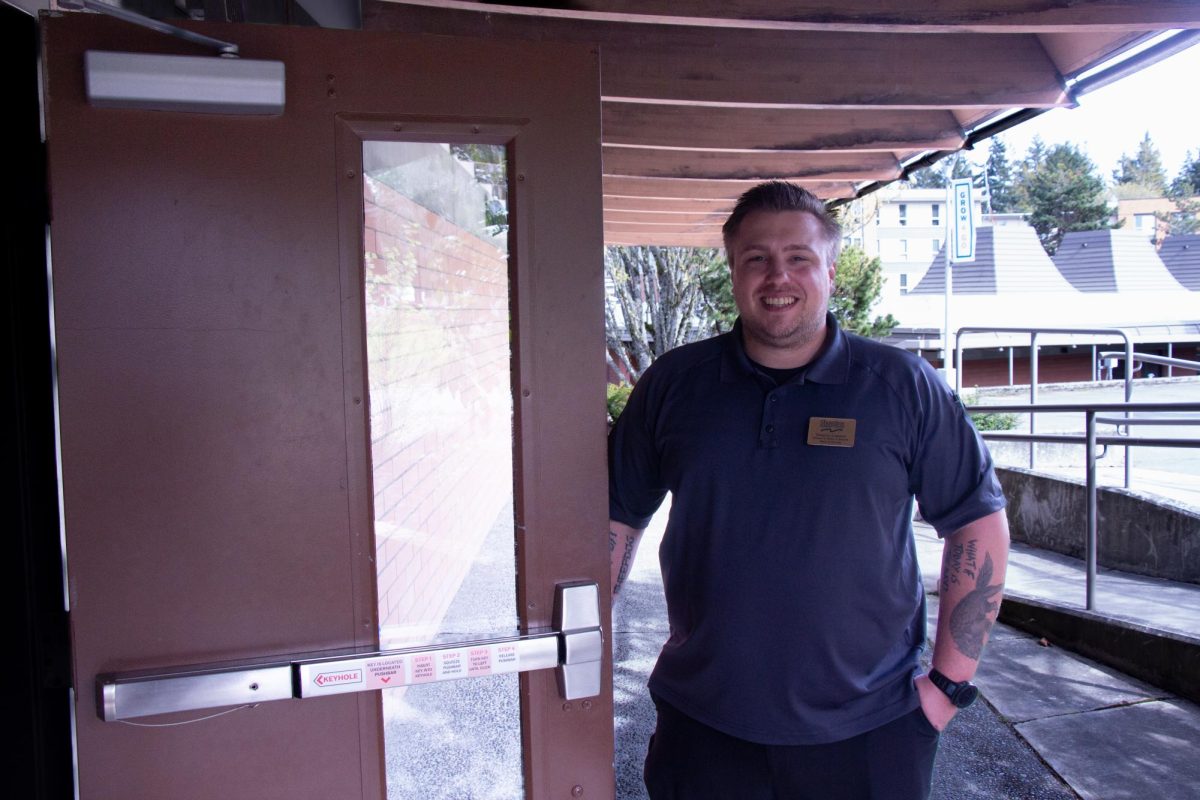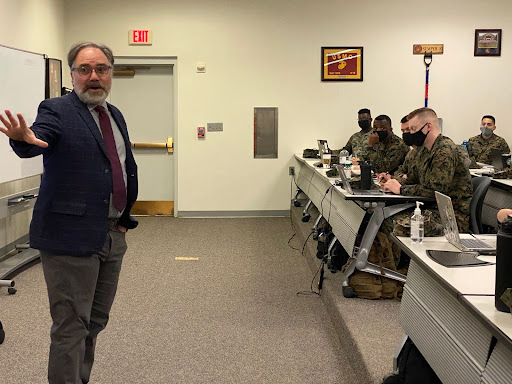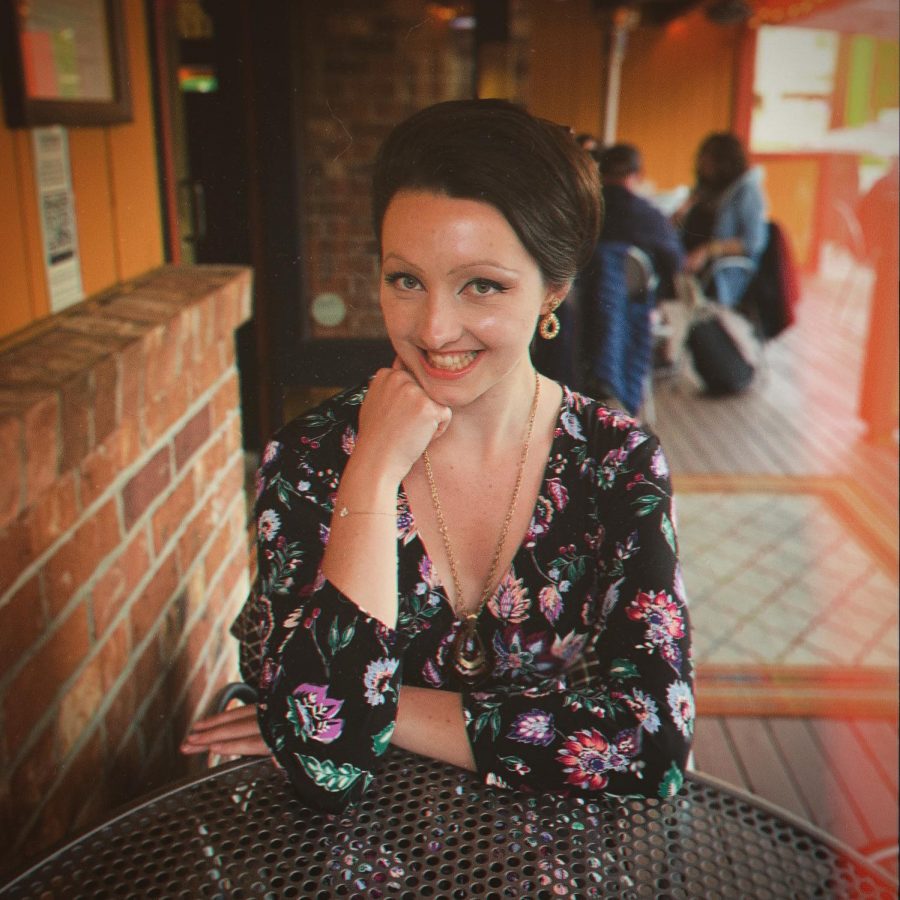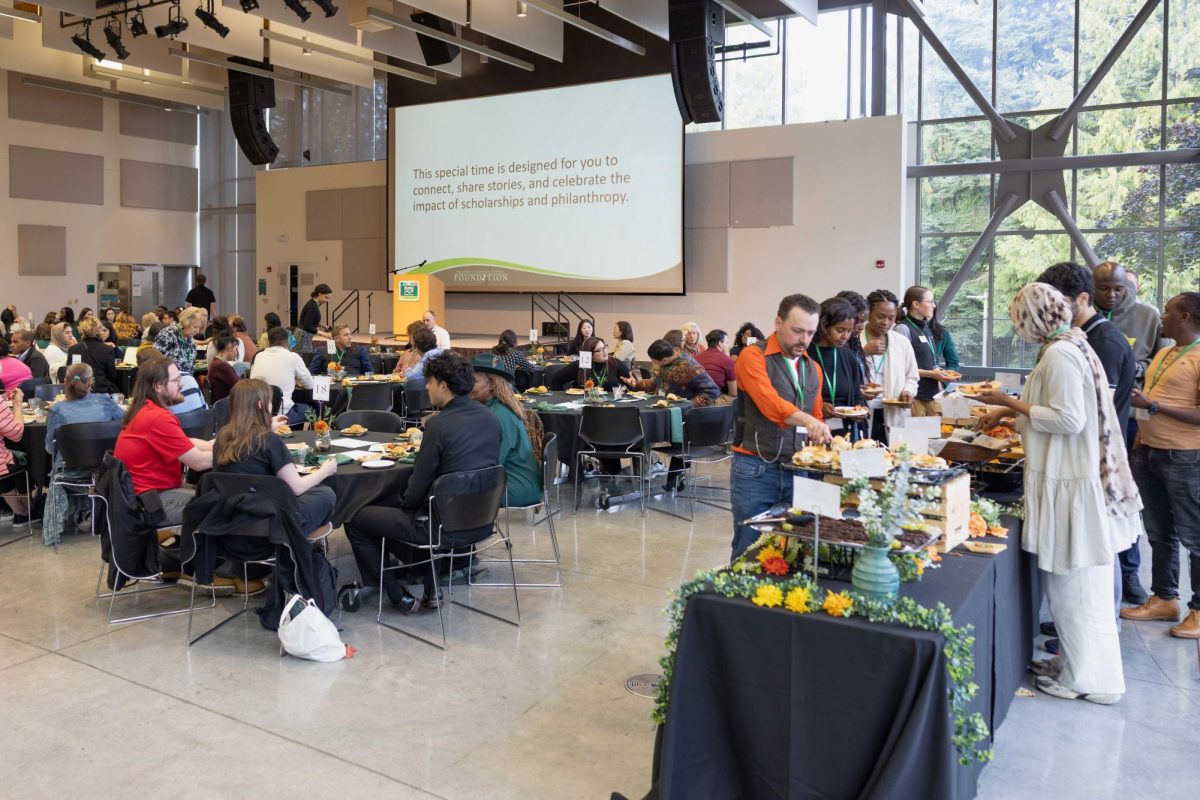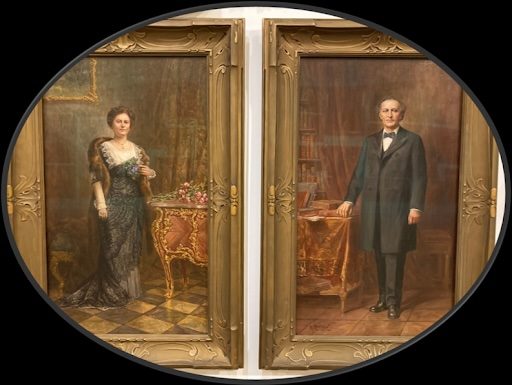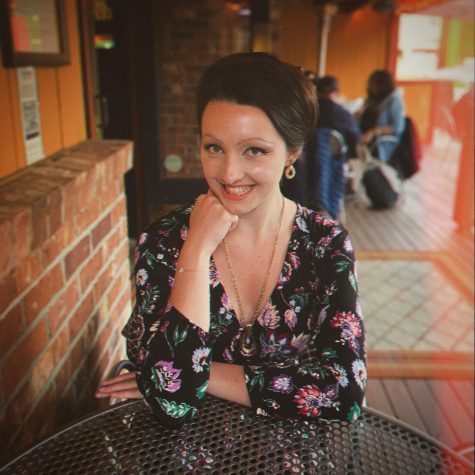SCC PIANIST PURSUES HIS PASSION
The path to success comes with many small victories.
This has proved true for SCC pianist Yuly Kopkin, whose musical journey has been significantly different than that of the average faculty member.
Kopkin was born in Yekaterinburg, Russia — the country’s fourth largest city.

“Music education occupies a very strong place in the culture of Yekaterinburg,” Kopkin says, comparing its choral music-charged epicenter to Chicago’s status as the industry capital of midwest America.
“In that same way, Yekaterinburg represents what the middle of the country can offer in terms of the arts and education.”
Kopkin explains that if parents in Russia sense an interest in music in their child, they sign them up for an after-school program geared towards the future pursual of professional music — which entails study alongside regular elementary, middle and high school.
Kopkin spent eight years undergoing this rigorous training, which he attended in a separate location after his regular classes finished each day. “Most of the time you go to a different building, and sometimes to a different neighborhood,” he says of the program.
According to Kopkin, this training is typical for artists who hail from his hometown. He explains that the structure of the education is “designed to prepare a whole musician,” with each student required to specialize in an instrument.
While Kopkin focused on piano, other mandatory classes in the program included music history, ear training and choir. “Unless you have a graduation diploma from one of those eight-year schools, you cannot even apply for college,” he explains, equating the importance of the diploma to SAT scores in the U.S..
Similar to Running Start at SCC, students in Russia have the option of leaving high school early to pursue higher education, which is what Kopkin opted to do. “I kind of saved two years of my life,” he says.
Kopkin was attending Yekaterinberg’s Ural State Mussorgsky Conservatory when he founded his first choir, “Vita in Canto.” During that same period, he sensed a movement of new ensembles being formed by a number of his colleagues at universities all around the city.
“None other regional center of the size of Yekaterinberg elsewhere in Russia could boast the same amount of university-based choral music,” Kopkin says, noting the pride that existed at the time.
“A lot of that was kind of lost during the very challenging nineties when Russia was transitioning from the Soviet Union to Russia,” he says, explaining the culture shock that came with the change. “The country had to press this ‘restart button.’”
During the Soviet era, community arts flourished due to government handouts. “A lot of cuts were made as Russia was transitioning from communism to free market,” Kopkin says. “People were suddenly very busy coping to the new reality, and that didn’t leave too much time to be involved in the arts.”
However, Kopkin says this turned around toward the end of the first decade of the 21st century, notably with the advent of the Russian television show “Fabrika Zvyozd,” or “Star Factory,” which rekindled an interest in singing within the general public in the early 2000s.
Kopkin first arrived in the U.S. in 2009 to earn his Master of Music degree in Choral Conducting at the UW. He has resided in Seattle for almost six years, and since 2018, has served three quarters as collaborative pianist for SCC’s Chamber Chorale and Shoreline Singers.
Songs of Passion
Meridian Ensemble was formed in February 2019 out of Kopkin’s desire for the kind of freedom often unattainable in preexisting choral organizations. “I needed to create an opportunity for myself again to build an artistic platform where I could express myself as an artist and not live up to anyone’s expectations,” he says.

Not only did Kopkin feel it was important for his choir to be rich in skill and collaboration, but he also wanted to prevent the chance of competition developing between singers of different skill levels. “I wanted people in my ensemble to feel musically equal,” he says.
Directed by Kopkin, Meridian Ensemble debuted with an afternoon performance entitled “Songs of Passion” at St. Clement’s Episcopal Church on May 19.
The inaugural concert offered a blend of music from the U.S. and Europe. The church, established in 1891, provided an antiquated, old-world charm that made it a fitting setting for the repertoire.
The concert was kicked off with the cheery-yet-slightly mournful tune, “My Spirit Sang All Day.” Upon listening to this short-but-sweet piece, it was clear that the a cappella voices were full enough that piano wasn’t needed.
Kopkin thought it important to include music from his conservatory training in Russia, and decided to feature “Нам звезды кроткие сияли” (or “The Gentle Stars Shone Down Upon Us”).
Although the translation in the event’s program describes the stars as “distant,” Kopkin feels that a more accurate meaning would be “humble” considering that the stars do not want to risk interfering with the love shared by the couple featured in the piece.
For “Entrer Dans La Lumière,” the bulk of choir temporarily exited, leaving only four singers (Julia Holden-Hunkins, Stephanie Metting, Erica Weisman and Alice Carli) on the stage. The vocalists delivered the bittersweet song delicately as high, soprano notes complimented the piece. To accompany them, Kopkin played the harp with a recurring progression of six alternating notes.
For “Serenade,” the same four singers were joined by tenor Neil Jackson to present an interesting blend of melodies that began with a progression similar to the popular Christmas song “Carol of the Bells.”
After the full group had reassembled, the final two pieces held an interesting connection: “Tuvums,” a cheerful piece with smooth harmonies written by Latvian composer Valter Kaminski, made way for the finale, “Swansea Town,” composed by famed “The Planets” composer Gustav Holst — who also had family from Latvia.
“Swansea Town,” which was written at a time when the Titanic disaster of 1912 was still very fresh, had themes of a sea shanty which diverted briefly into an eerie sequence of a storm at sea before the singers resurfaced for an optimistic ending.
Kopkin described his decision to include “Meridian” in the choir’s name: Along with its geographical meaning, it holds a definition in Chinese acupuncture as sets of pathways that supply vital energy to organs in the body.
In this sense, he sees the singers as the pathways, the alto, bass, soprano and tenor sections as the organs, and the choir as the body — a metaphor that remains as fitting as the choir is vibrant.







